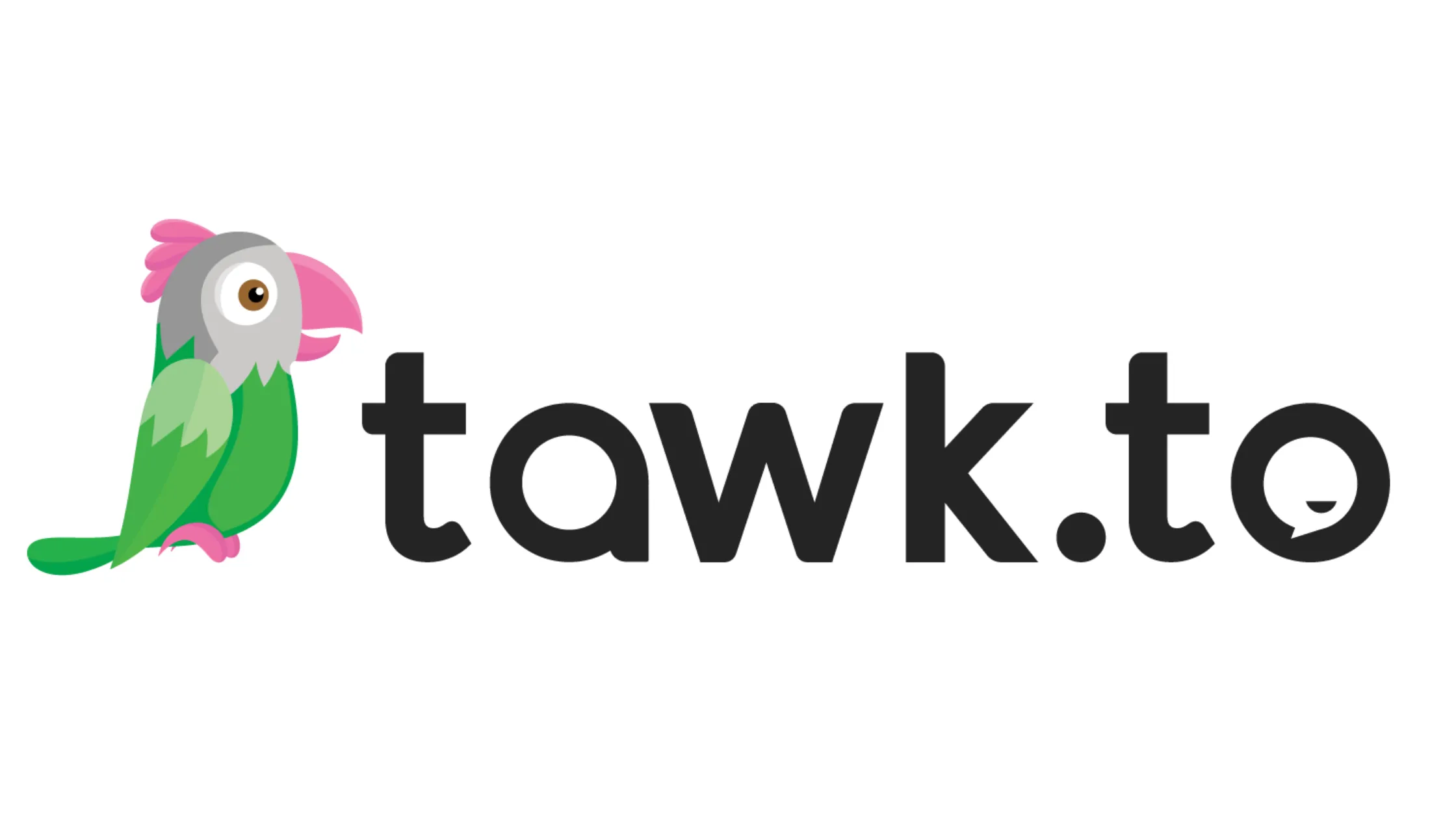
What is a Pitch Deck?
Learn how to create a compelling pitch deck that captivates investors and showcases your startup's potential. Essential tips for startup founders.
As a founder who's been through the startup grind, I can tell you firsthand that your pitch deck can make or break your chances of securing funding. It's not just a presentation - it's your startup's calling card, your foot in the door, and often your first impression on potential investors. But here's the kicker: crafting a pitch deck that hits all the right notes isn't as straightforward as you might think. That's why I'm here to share some hard-earned wisdom on creating a pitch deck that'll have investors sitting up and taking notice.
What Is a Pitch Deck?
Before we dive into the nitty-gritty, let's get our ducks in a row.
Definition and Purpose
A pitch deck is a concise presentation that gives investors a quick overview of your business plan. It's like speed dating for your startup - you've got to make a great impression fast. The goal? To spark interest, answer key questions, and hopefully land you that all-important follow-up meeting.
When and Where You'll Use It
You'll be pulling out your pitch deck in various scenarios:
- Investor meetings (both in-person and virtual)
- Startup competitions
- Accelerator applications (hello, YC!)
- Networking events
Trust me, you'll want to have this ready to go at a moment's notice. You never know when you might run into a potential investor in line for coffee!
The Anatomy of a Killer Pitch Deck
Alright, let's roll up our sleeves and get into the meat and potatoes of what makes a pitch deck sing.
The Must-Have Slides
- Problem: What's the itch your startup is scratching?
- Solution: How are you solving it better than anyone else?
- Market Size: Show me the money - how big is the opportunity?
- Product: What have you built, and why is it awesome?
- Traction: Got users? Revenue? Partnerships? Flaunt 'em!
- Team: Who's the dream team making this happen?
- Competition: Who else is in the ring, and why are you the heavyweight champ?
- Business Model: How are you going to make bank?
- Financials: Show me the numbers - past performance and future projections.
- Funding Ask: What do you need, and how will you use it?
The Secret Sauce: Storytelling
Here's where the rubber meets the road. Your pitch deck isn't just a collection of facts and figures - it's a story. And you, my friend, are the storyteller. Weave a narrative that takes investors on a journey from the problem you're solving to the bright future you're building.
Common Pitfalls to Avoid
Let's talk about some landmines you'll want to sidestep when crafting your pitch deck.
The Too-Much-Information Trap
I've seen founders try to cram their entire business plan into 10 slides. Don't do it! You'll lose your audience faster than you can say "Series A." Keep it lean, mean, and to the point.
The Jargon Jungle
Sure, you eat, sleep, and breathe your industry's lingo. But remember, not everyone speaks your language. Break it down in simple terms that even your grandma could understand.
The Ugly Duckling Syndrome
I hate to break it to you, but looks matter - at least when it comes to pitch decks. A cluttered, visually unappealing deck can sink your ship before you even leave the harbor. Keep it clean, professional, and easy on the eyes.
Tailoring Your Pitch Deck for Different Audiences
One size doesn't fit all in the world of pitch decks. You've got to know your audience and tweak accordingly.
Angel Investors vs. VCs
Angels often invest based on passion and potential, while VCs are typically looking for solid traction and a clear path to scale. Adjust your focus accordingly.
Industry-Specific Nuances
If you're pitching to fintech investors, they'll want to see different metrics than, say, biotech investors. Do your homework and highlight what matters most in your specific sector.
The Art of the Follow-Up
So, you've delivered your pitch. Now what? The follow-up is just as crucial as the pitch itself.
The Thank-You Note
Always, always, always send a thank-you note after your pitch. It's not just good manners - it's another chance to keep your startup top-of-mind.
Addressing Feedback and Questions
If investors had questions or concerns during your pitch, address them promptly and thoroughly in your follow-up. Show them you're on top of your game and ready to hustle.
Continuous Improvement: Iterating Your Pitch Deck
Your pitch deck isn't set in stone. It's a living document that should evolve as your startup grows and changes.
Gathering and Implementing Feedback
Every time you pitch, pay attention to the reactions and questions you get. Use this feedback to refine and improve your deck.
Staying Current
Make sure your deck always reflects your most recent traction, metrics, and achievements. Nothing says "on the ball" like up-to-date information.
Tools and Resources for Creating Your Pitch Deck
You don't have to go it alone when it comes to creating your pitch deck. There are plenty of resources out there to help you craft a winner.
Design Tools
- Canva: Great for non-designers who want professional-looking slides
- Slidebean: Offers AI-powered pitch deck templates
- Beautiful.ai: Uses artificial intelligence to help design your slides
Pitch Deck Examples
Study the greats! Check out successful pitch decks from companies like Airbnb, Uber, and LinkedIn. They're out there if you do a little digging.
The Power of Practice: Perfecting Your Pitch
You've got your deck ready, but the work doesn't stop there. The way you deliver your pitch is just as crucial as the content itself.
Memorize, Don't Read
Nothing kills a pitch faster than reading directly from your slides. Know your material inside and out so you can speak naturally and confidently.
The Art of the Demo
If your product is ready, incorporate a live demo into your pitch. There's nothing like showing instead of telling to really drive your point home.
Handling Tough Questions
Investors are going to grill you - it's part of the process. Be prepared to handle curveballs with grace and confidence.
The "I Don't Know" Strategy
It's okay not to have all the answers. If you're stumped, be honest and say you'll follow up with the information later. It's better than trying to bluff your way through.
Addressing Weaknesses
Every startup has weaknesses. Don't shy away from them - address them head-on and explain how you plan to overcome them.
The Virtual Pitch: Adapting to the New Normal
With remote work becoming more common, virtual pitches are here to stay. Here's how to nail them:
Technical Considerations
- Test your setup beforehand
- Ensure good lighting and a professional background
- Have a backup internet connection ready
Engagement Tactics
Keep your audience engaged by using interactive elements like polls or Q&A sessions throughout your pitch.
The Pre-Pitch Checklist
Before you step into that room (virtual or physical), run through this quick checklist:
- Is your deck up-to-date with the latest metrics?
- Have you practiced your pitch out loud?
- Is your technology ready for a demo if needed?
- Do you have backup copies of your deck in various formats?
- Have you researched your audience?
The Post-Pitch Analysis
After each pitch, take some time for self-reflection:
What Worked Well?
Identify the parts of your pitch that resonated most with the audience. Double down on these in future iterations.
Areas for Improvement
Be honest with yourself about where you stumbled or lost the audience's attention. These are your opportunities for growth.
Leveraging Your Network
Don't underestimate the power of your network when it comes to refining and delivering your pitch.
Mentor Feedback
If you have mentors (and you should!), run your pitch by them. Their experience can provide invaluable insights.
Peer Practice
Find other founders and practice pitching to each other. It's a great way to get feedback and build your confidence.
The Emotional Rollercoaster
Let's get real for a second - pitching can be an emotional journey. One day you're on top of the world, the next you're questioning everything. Remember, it's all part of the process.
Handling Rejection
Not every pitch will be a home run, and that's okay. Learn from each rejection and use it to fuel your drive.
Celebrating Wins
When you do nail a pitch, take a moment to celebrate. Building a startup is hard work - you deserve to enjoy the victories.
Beyond the Pitch: Building Relationships
Your pitch is just the beginning. The real work comes in building long-term relationships with investors and stakeholders.
Regular Updates
Keep potential investors in the loop with regular updates on your progress, even if they haven't invested yet.
Adding Value
Look for ways to add value to your network. Can you make introductions or share insights? The startup world is all about give and take.
The Tech Behind the Pitch: Why a Solid Product Matters
As a founder and CTO, I can't stress enough how important it is to have a solid product backing up your pitch. Investors aren't just buying into your idea - they're buying into your ability to execute.
MVP vs. Prototype
Understand the difference between an MVP and a prototype, and know which stage is right for your pitch.
Scalability
Be prepared to discuss how your product can scale. Investors want to know that your solution can grow with demand.
Your Pitch Deck is Just the Beginning
Creating a compelling pitch deck is a crucial step in your startup journey, but remember, it's just one piece of the puzzle. Your passion, your team, and your ability to execute on your vision are what will ultimately drive your success.
At Horizon-Labs.co, we've seen firsthand how a well-executed product can elevate a pitch from good to great. We've helped numerous startups, including YC companies, turn their ideas into tangible, scalable products that investors can't ignore. Whether you're still at the ideation stage or ready to scale, we've got the expertise to help you build a product that will make your pitch deck shine.
Don't let technical challenges hold you back from realizing your startup dreams. Reach out to us at info@horizon-labs.co or schedule a call at https://www.horizon-labs.co/contact. Let's work together to build the kind of product that will have investors clamoring to be part of your journey. Your vision deserves the best technical execution - let's make it happen.
Frequently Asked Questions (FAQs) about Pitch Decks:
Q: How long should my pitch deck be?
A: While there's no one-size-fits-all answer, most successful pitch decks range from 10-20 slides. The key is to be concise yet comprehensive. Remember, your deck should spark interest and leave investors wanting to know more, not overwhelm them with information. If you're presenting in person, aim for a deck that supports a 10-15 minute pitch, with extra slides in reserve for Q&A.
Q: Should I include an exit strategy in my pitch deck?
A: It depends on your audience and the stage of your startup. For early-stage startups, focusing too much on exit strategies can seem presumptuous. However, if you're pitching to VCs or at a later stage, briefly touching on potential exit strategies can show that you're thinking long-term. Just be careful not to make it seem like you're more focused on exiting than building a sustainable business.
Q: How often should I update my pitch deck?
A: Your pitch deck should be a living document. As a rule of thumb, review and update it at least quarterly, or more frequently if you're in a fast-moving industry or experiencing rapid growth. Always update it before a big pitch or fundraising round. Key times to update include when you hit significant milestones, launch new features, or see major shifts in your market landscape.
Q: Is it okay to use animations and videos in my pitch deck?
A: Yes, but use them judiciously. Animations and videos can be powerful tools to demonstrate your product or illustrate complex concepts. However, they can also be distracting if overused. Ensure any multimedia elements add real value to your pitch and don't rely on them working perfectly - always have a backup plan in case of technical difficulties.
Q: How do I make my financial projections believable in a pitch deck?
A: The key is to be ambitious yet realistic. Base your projections on solid assumptions that you can explain and defend. Include a clear explanation of your key metrics and how you arrived at your numbers. It's also helpful to provide different scenarios (conservative, moderate, optimistic) to show you've thought through various outcomes. Remember, investors will be more interested in your thought process and understanding of unit economics than in the exact numbers themselves.
Whether you're validating an idea, scaling an existing product, or need senior engineering support—We help companies build ideas into apps their customers will love (without the engineering headaches). US leadership with American & Turkish delivery teams you can trust.
Need Developers?
We help companies build ideas into apps their customers will love (without the engineering headaches). US leadership with American & Turkish delivery teams you can trust.
















For Startups & Founders
We've been founders ourselves and know how valuable the right communities, tools, and network can be, especially when bootstrapped. Here are a few that we recommend.

Mistakes to Avoid When Building Your First Product
Learn the key mistakes founders make when building their first product—and how to avoid them for a faster, smoother launch.
Read more
The Rise of AI in Product Development: What Startups Need to Know
Learn how AI is transforming product development for startups. From MVPs to scaling, here’s what founders need to know in today’s AI-driven world.
Read more
No-Code vs. Custom Development: Which is Right for Your Startup?
Weighing no-code vs. custom development? Learn which is right for your startup depending on stage, budget, and product complexity.
Read more
What is Mixpanel?
Learn how Mixpanel helps startups track user behavior to improve products and accelerate growth with clear data-driven insights.
Read more
How Tawk.to Can Boost Your Startup’s Customer Support Game
Learn how Tawk.to can benefit startups by enhancing customer support and engagement. Perfect for early-stage founders!
Read more
Grow Your Startup With Anthropic's AI-Powered Tools
Discover how Anthropic's cutting-edge AI tools can accelerate your startup's success. Learn about their benefits and see why they can be trusted by startups.
Read more
What is Data-Driven VC?
Learn what a data-driven VC means and how such investors can benefit your startup’s growth and fundraising journey.
Read more
What is Blockchain?
A beginner-friendly guide on blockchain for startup founders, covering key concepts, benefits, challenges, and how to leverage it effectively.
Read more
What is Cybersecurity?
Learn cybersecurity basics tailored for startup founders. Understand key risks, best practices, and how to protect your startup from tech threats.
Read more
What is Seedcamp?
Learn what Seedcamp is, how its European seed fund and accelerator program work, and how founders can use its capital, mentorship, and network to scale their st
Read more
What is AngelList?
AngelList is a prime platform connecting startup founders to investors, talent, and resources to accelerate early-stage growth.
Read more
What is 500 Startups?
Learn what 500 Startups (now 500 Global) is, how its accelerator and seed fund work, and when founders should consider it—plus tips for early-stage startups.
Read more.png)